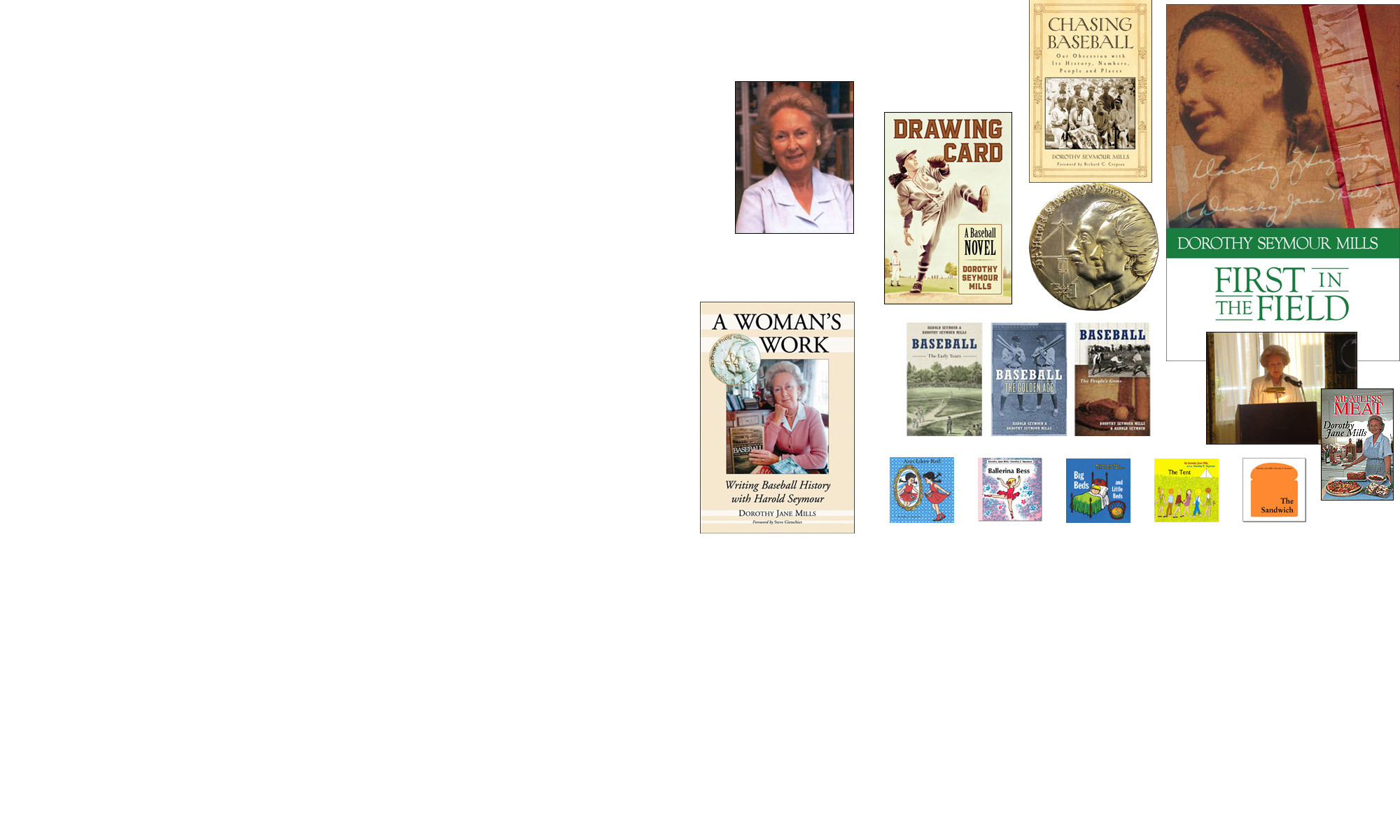Yes, this is the information age. We hear constantly about the huge amount of data being amassed through the new technologies. Some of us wonder when it’s going to be used to make the world better, or even just taken into consideration when decisions are made. Often, this extensive new information is simply ignored.
Back in 1987 the philosopher Doris Lessing asserted, in a short book called Prisons We Choose to Live Inside, that “we (the human race) are now in possession of a great deal of hard information about ourselves, but we do not use it to improve our institutions and therefore our lives.”
No field illustrates Lessing’s assertion better than that of cooking and baking. Pick up any glossy magazine that includes information and recipes related to cooking and you will find both good nutritional information and recipes that ignore that information completely.
A story about the dangers of saturated fat in butter and trans fats in margarine will be followed by several recipes that depend upon large amounts of one or the other, supplemented with four-color photos of the luscious-looking cakes and pies one can create with these products. Writers do not hesitate to encourage the magazine’s readers to use a half-pound of butter to make cookies that (we are assured) will make our families and friends love us for it. Publishing an article about the importance of cutting back on meat in order to avoid obesity and heart attacks does not prevent a magazine from also investing time and money to create elaborate recipes based on large slabs of meat.
In my situation I see examples every day of people who are well-read choosing to inundate their breakfast cereal with several packages of margarine and to follow their piles of fatty bacon by eating a large portion of what can only be called sugar cake. At lunch I see them ordering white bread, hot dogs with dubious protein content, and plates full of potatoes that have been deep-fried in boiling fat. These are people who consider themselves up-to-date about knowledge.
Why are we so inconsistent? Is there a reason we permit ourselves to nod knowingly over nutritionists’ frequent presentations of scientific facts discovered decades ago, then go blithely into our kitchens and violate every one of those principles?
Yes, and the reason is that we are used to paying no attention to science. Experts don’t get respect in this country. What does get respect? Convenience, for one thing. Eating food that hurts us is easier than searching for ways to follow what has been learned about good food, because food that damages our bodies is everywhere. Food that contributes to health is less available. And greed, for another thing. Greed has caused cheap food that hurts our health to fill our grocery shelves. Manufacturers search for the cheapest, not the best, products to use in preparing food items to sell to us. They spend their money instead on expensive advertising, which they repeat so often that their clever jingles stick in our heads. And because these manufacturers are successful, they earn our respect.
A hard-hitting author, Charles Pierce, makes this point about all of American society in his 2009 book, Idiot America: How Stupidity became a Virtue in the Land of the Free. In this book Pierce demonstrates how we deliberately overlook knowledge in favor of the colorful and the easily accessible. He quotes a professor at Missouri State University who claims that Americans who want to influence us invariably use the following rules:
l. Never be dull.
2. Embrace willfully ignorant simplicity.
3. The American public is stupid; treat them that way.
4. Always ignore the facts and the public record when it is convenient to do so.
The professor’s list is quite an indictment of Americans, not only of those who want to influence us but also of us, who permit ourselves to be influenced. But we see too much of it around us every day to say it isn’t true. And if it is true, even to some degree, we are only hurting ourselves by ignoring discoveries about how to be healthy and failing to take advantage of what has already been learned.
Maybe it’s time for a New Year’s Resolution to pay attention to the facts and act on at least some of them.
